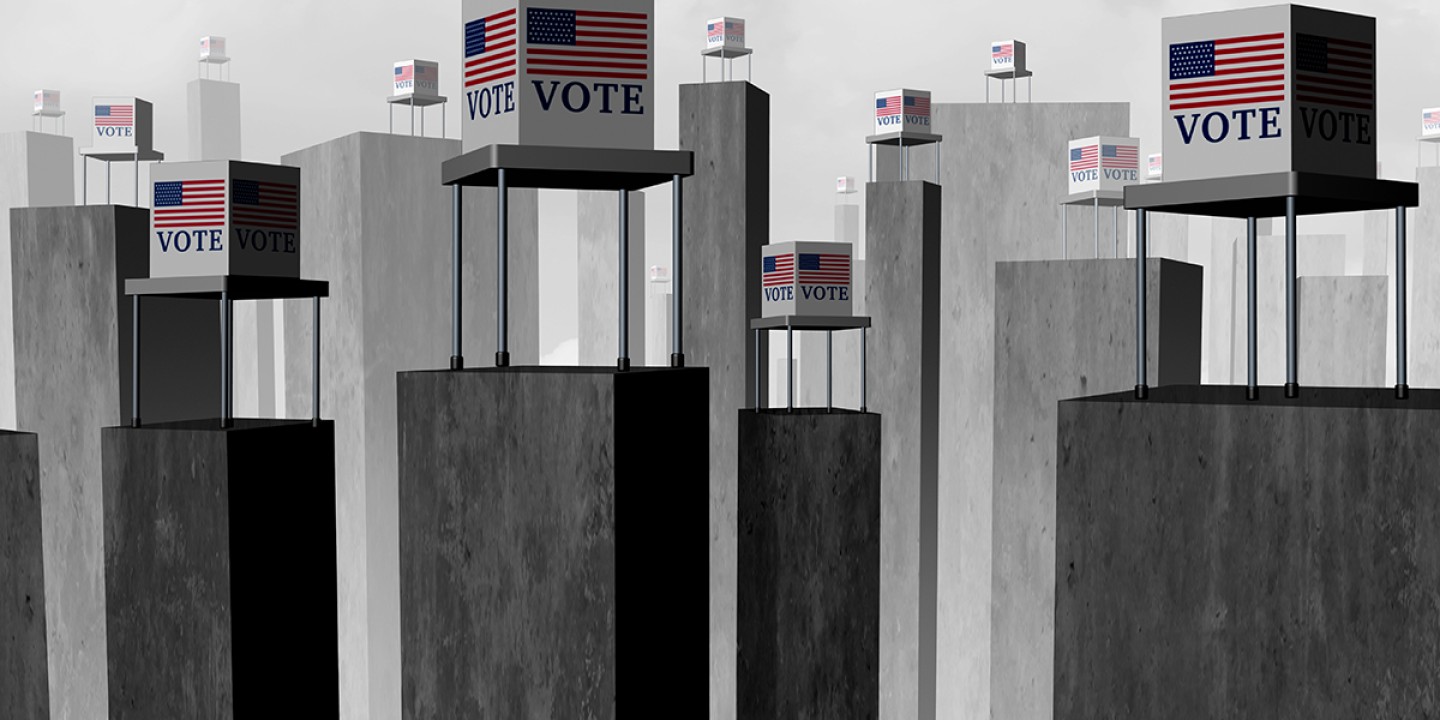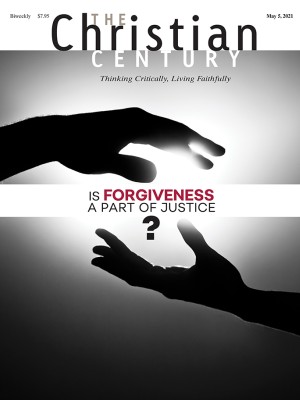Woke corporations?
Unlike today’s Republican party, Delta and Coca-Cola are responsive to public opinion.

Since Citizens United, the 2010 Supreme Court decision that prohibited restrictions on election advertising by corporations and nonprofits, the relationship between Republican lawmakers (who tend to favor deregulation and corporate tax cuts) and the corporate sector has flourished. In 2015–16, political groups associated with corporations contributed twice as much to Republicans as they did to Democrats at the federal level.
This may be why many Republicans were caught off guard when some corporate leaders denounced Georgia’s new voting law as unfair to Black voters. Also surprising was that the largest of the dissenting corporations—Coca-Cola and Delta Air Lines—had previously supported the law and given funds to the legislators who designed it. “Why are we still listening to these woke corporate hypocrites?” Marco Rubio rage-tweeted, while Mitch McConnell excoriated the private sector for “taking cues from the Outrage-Industrial Complex.”
Read our latest issue or browse back issues.
Attributing wokeness or outrage to a corporation may fuel the culture wars, but it doesn’t accurately describe how the corporate sector functions. Traditional, for-profit corporations generally are not designed to make decisions based on emotion or moral commitments. Yes, the people who run them have emotions and moral commitments. But to survive, these corporations need to produce and sustain profits. And to achieve this, corporate leaders need to assess, weigh, and proportionally respond to the concerns of their customers, employees, and shareholders. Corporations are swayed by culture war language to the extent that the public—that is, their real and potential stakeholders—asks them to be. In this limited sense, corporate behavior is essentially democratic.
Herein lies the real tension between the corporate sector and today’s Republican Party. Corporations, at least those like Coca-Cola and Delta that have a public profile and consumer relationships, are beholden to an expansive group of people. They flourish when they cast a wide net and project the values of the culture writ large. They’re at odds with the current GOP strategy of gaining power by excluding the voices of large groups of people—because such corporations always want to appeal to more people rather than fewer.
According to a recent Gallup poll, 49 percent of Americans align themselves with the Democratic Party and 40 percent with the Republicans. This gap, the largest since 2012, is not lost on corporations. Nor is the January poll in which 67 percent of respondents (including a majority of Republicans) supported HR 1, the federal electoral reform legislation that, among other things, would override state laws that disenfranchise people.
Still, Delta and Coca-Cola didn’t speak out against Georgia’s new law until a massive social media campaign accused them of assenting to race-based voter suppression. Denouncing racism only after being publicly pressured to isn’t exactly heroic.
These companies may not be awake to the realities of racism. But they’re awake to the fact that endorsing antiracist positions is good for business. And that’s not insignificant. It means that when democracy is threatened by a deliberate stifling of the majority of voices, those voices will find other ways to be heard.






